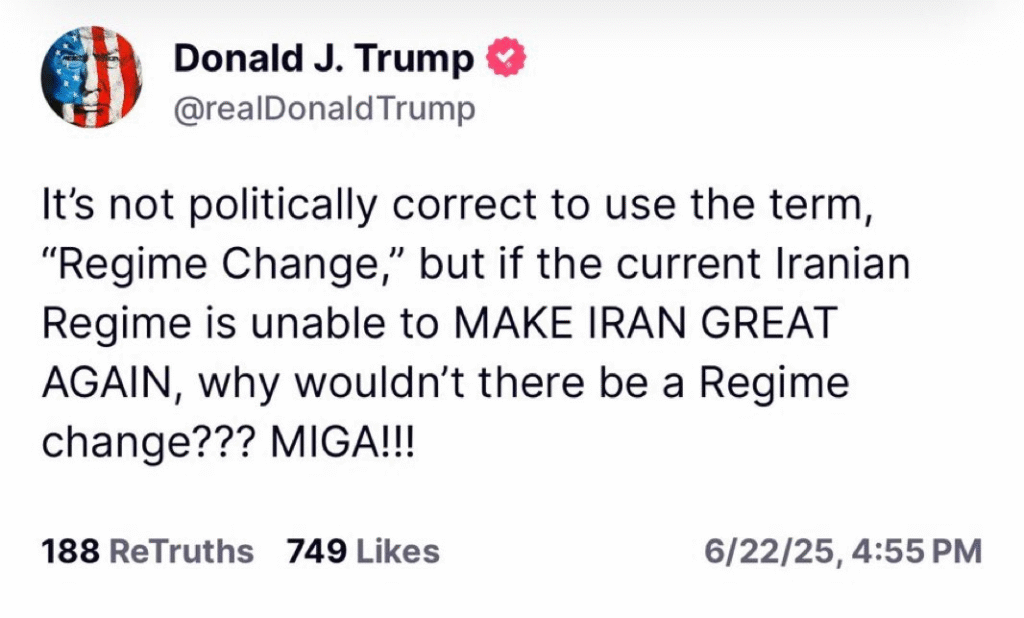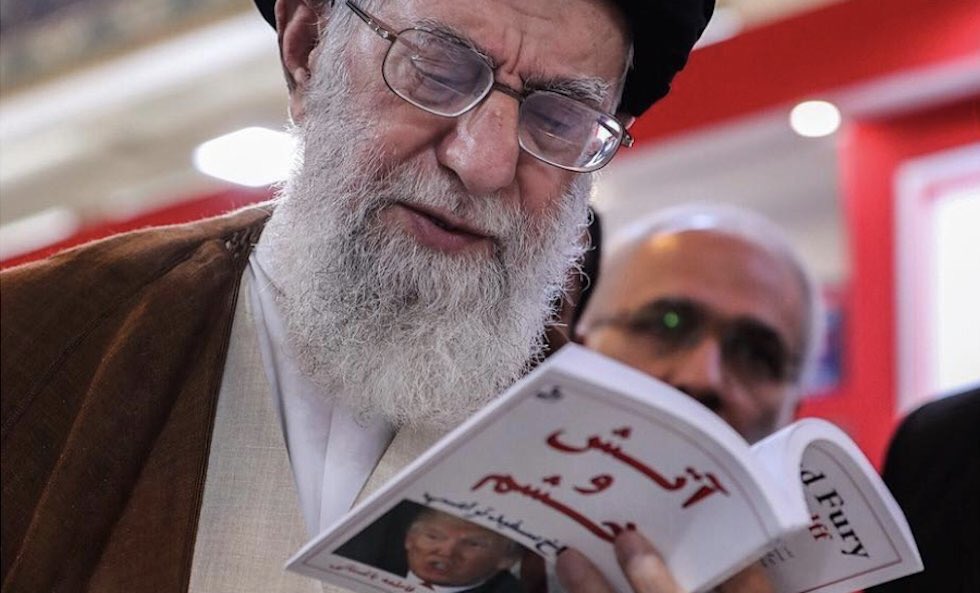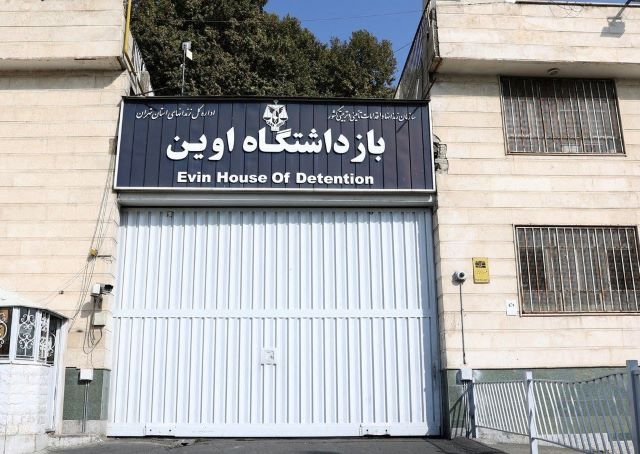Israel has carried out its most intense bombing campaign in Tehran since hostilities began, striking Evin prison—a long-standing symbol of political oppression in Iran.
The strike came just one day after the United States joined the war effort, leading to more threats from Iran but no immediate action against U.S. assets.
Footage aired on Iranian state television showed emergency workers pulling victims from the rubble of Evin, located in northern Tehran. The prison has a dark reputation. It is known for detaining political dissidents, foreign prisoners, and individuals sentenced to death, especially after the 1979 revolution.
Rescue workers moved quickly, with the Iranian judiciary’s media arm stating that officials were taking urgent steps to ensure the safety of prisoners.
Israel’s foreign minister posted a video online showing an explosion at what he claimed was Evin’s main entrance. “Viva la libertad!” he wrote.
Although the video itself was not independently verified, other footage from the site has been confirmed as authentic. Israel’s military later said it had targeted command centres of Iran’s Islamic Revolutionary Guard Corps (IRGC), describing them as “government repression bodies.”
Israeli Defence Minister Israel Katz said, “The IDF is currently striking, with unprecedented force, regime targets and governmental repression bodies in the heart of Tehran.”
Iran Struggles with Conflicting Reports and Limited Retaliation
Iran’s response to the attack has been mixed. Some state media reported that only an electricity substation near Evin was damaged. Tavanir, the national electricity firm, said parts of Tehran experienced blackouts after the bombing. A student-run news outlet also claimed Shahid Beheshti University was hit, but the school’s public relations office denied the report.
🚨 Breaking: Israel attacked the entrance of the infamous EVIN PRISON in Tehran, where all political prisoners are held 👇
— Dr. Eli David (@DrEliDavid) June 23, 2025
The goal is to release all the prisoners.
MAKE IRAN GREAT AGAIN!#MIGA pic.twitter.com/iho37Swaa8
Despite issuing threats, Iran has not taken any major action against U.S. forces since America entered the conflict. Over the weekend, U.S. bombers dropped 30,000-pound bombs on suspected underground Iranian nuclear sites.
President Donald Trump posted on social media, suggesting that regime change in Iran may be necessary. “If the current Iranian regime is unable to MAKE IRAN GREAT AGAIN, why wouldn’t there be a Regime change??? MIGA!!!” he wrote.
Iran has launched missile attacks at Israel but has stopped short of targeting American forces or blocking oil traffic through the Strait of Hormuz. Nearly 20% of the world’s oil passes through this key route, and a blockade could trigger a wider crisis.

In a statement issued in English, Iran’s Khatam al-Anbiya military spokesperson Ebrahim Zolfaqari said, “Mr Trump, the gambler, you may start this war, but we will be the ones to end it.”
Succession Talks Intensify as Iran Faces Leadership Crossroads
Within Iran’s ruling circles, the escalating war has accelerated succession planning for the 86-year-old Supreme Leader Ayatollah Ali Khamenei. Two key contenders have emerged. One is his son, Mojtaba Khamenei, known for his hardline stance. The other is Hassan Khomeini, the reformist-aligned grandson of the republic’s founder.

Hassan Khomeini, aged 53, is seen as a more moderate figure who could unite different factions. Analysts believe his growing popularity may help reduce internal tension and improve Iran’s global image. Mojtaba, on the other hand, is perceived as continuing the current administration’s hardline direction.
International oil markets have been jittery over the crisis. On Monday, Brent crude prices briefly rose above $80 a barrel before settling at $76.79.
“The current geopolitical risk premium—now exceeding $10 per barrel—cannot be sustained for long without a tangible supply disruption,” said one market analyst.
Iranian lawmakers have voted to close the Strait of Hormuz. However, the decision rests with the Ayatollah. U.S. Secretary of State Marco Rubio warned that such a move would hurt Iran economically.
“It’s economic suicide for them if they do it,” he said. “And we retain options to deal with that.”
Iran’s Military Weakens as Israel Retains Upper Hand
Since launching its military campaign on June 13, Israel has claimed major successes. It began with an airstrike that killed top Iranian commanders. Officials in Iran said over 400 people have died, many of them civilians, since the conflict began.
Israel said 24 Israelis have been killed and hundreds injured by Iranian missile strikes, some of which managed to penetrate its defence systems for the first time.
On Monday night, another missile was intercepted by Israeli defence systems. Air raid sirens rang across Tel Aviv and central parts of the country.
Israel’s earlier defeat of Hezbollah in Lebanon and the fall of Syrian President Bashar al-Assad, both allies of Tehran, have weakened Iran’s strategic options.
While the war rages on, Iran has yet to use its strongest potential weapon—blocking oil exports from the region. Without that move, its ability to hurt U.S. or Israeli interests remains limited.
The next steps from Tehran could shape not only the direction of the war but also its own political future.
Enjoyed this story? Rate it, leave a comment💬, and follow us on social media for more. Got a news tip or story to share? Submit it here and earn points toward ₦10,000 rewards!






